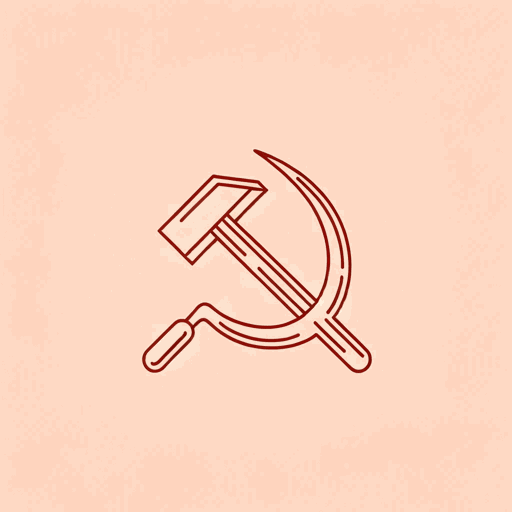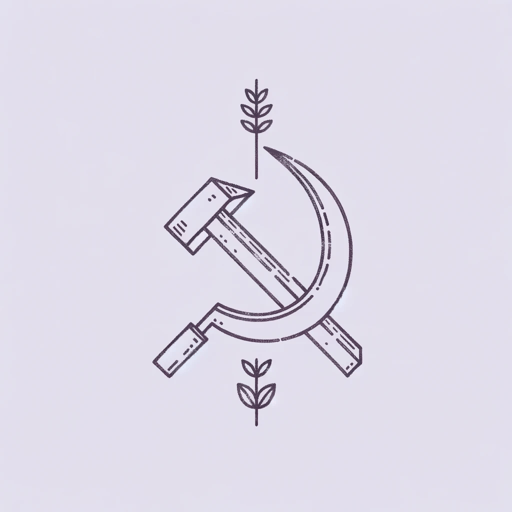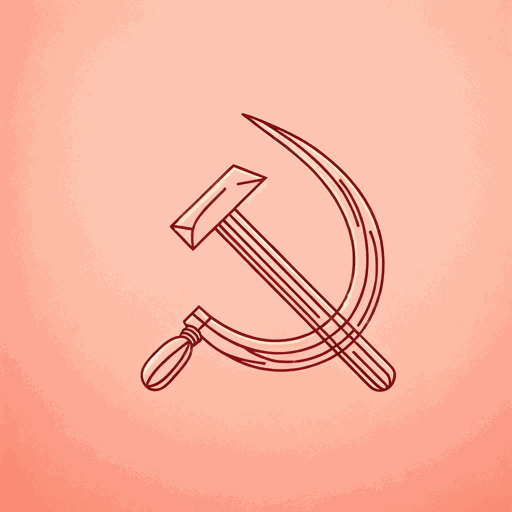79 pages • 2 hours read
Karl MarxDas Kapital
Nonfiction | Book | Adult | Published in 1867A modern alternative to SparkNotes and CliffsNotes, SuperSummary offers high-quality Study Guides with detailed chapter summaries and analysis of major themes, characters, and more.
Part 8Chapter Summaries & Analyses
Part 8: “So-Called Primitive Accumulation”
Part 8, Chapter 26 Summary: “The Secret of Primitive Accumulation”
Marx begins this final part with the “history of economic original sin” (873). Christianity has the story of Adam and Eve, who caused humanity to fall into original sin when Adam bit the forbidden apple. Similarly, the myth of the “economic original sin” suggests there are two types of people, the “diligent, intelligent and above all frugal elite” and the “lazy rascals, spending their substance, and more, in riotous living” (873).
Marx goes on to explain the historical reality. When feudalism ended, the former serfs became free to sell their own labor power, and over time workers also overcame the guilds’ restrictions on their labor power. Eventually, the old feudal masters and guild leaders were replaced by industrial capitalists. At the same time, workers lost “all the guarantees of existence afforded by the old feudal arrangements” (875). In the end, workers only experienced the “transformation of feudal exploitation into capitalist exploitation” (875). Marx traces the beginning of “capitalist production” mainly to the 16th century (876), although he also argues it began with the separation of agricultural workers—the serfs—from the land in the Middle Ages.
Related Titles
By Karl Marx
Featured Collections
Business & Economics
View Collection
Challenging Authority
View Collection
Class
View Collection
Class
View Collection
Colonialism & Postcolonialism
View Collection
Philosophy, Logic, & Ethics
View Collection
Politics & Government
View Collection
Poverty & Homelessness
View Collection
Power
View Collection





